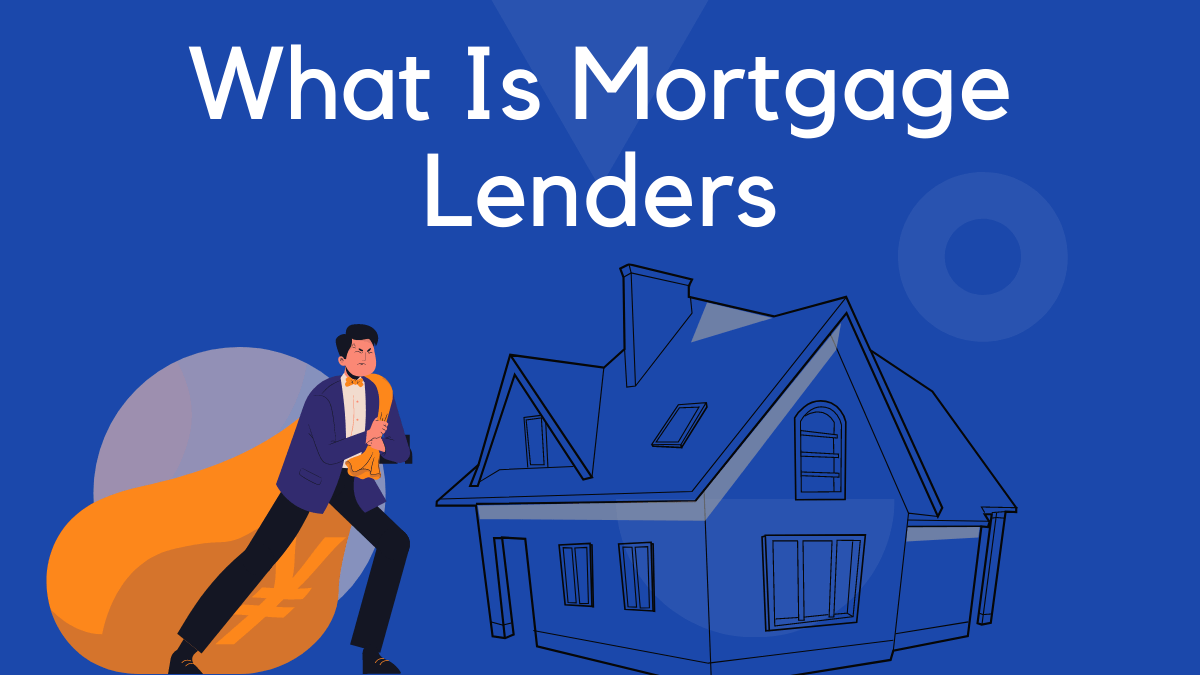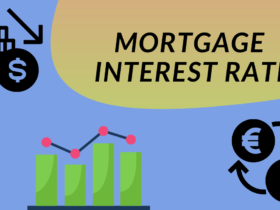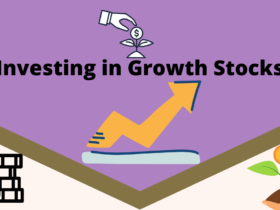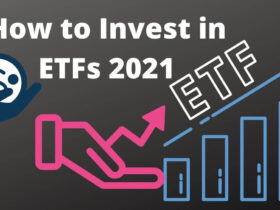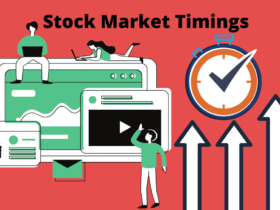Confusing shopping for a lender and can feel a little intimidating. With so many companies to choose from variety of lenders, you may analysis paralysis. Understanding the difference between the main types of lenders may reduce the area.
Type of loan you choose is obviously important, but choosing the right lender can save you money, time and frustration. That’s why taking the time is important to shop around. It is a congested area, too. There are retail lenders, direct lenders, mortgage brokers, correspondent lenders, wholesale lenders, and others, where some overlap in these categories. See Mortgage interest rate.
What is a Mortgage?
That enables a person to purchase a house or property – provided by a mortgage lender or bank – is a mortgage loan. Although it is possible for the borrower to cover the entire expenses of a house, it is more common to secure a loan for 80% of the value of the home.
What Is a Mortgage Lender?
A mortgage lender is a financial institution or mortgage bank that offers and underwrites loans. Lenders specific lending guidelines to verify the ability of their credentials and repay a loan. He terms, interest rates, the repayment schedule, and determines other key aspects of your mortgage.
What Is a Mortgage Broker?
A mortgage broker acts as an intermediary between you and the lenders. In other words, mortgage brokers do not control lending guidelines, timing, or final loan approval. The broker can address your mortgage application and eligibility documents to find out with licensed professionals who are in your credit report and your finances to strengthen your approval opportunities and the attorney has collected items on you. Many mortgage brokers work for an independent mortgage company in order to purchase multiple lenders on your behalf so that you get the best rate possible and deal. Mortgage brokers are usually paid by the lender after the loan closing; Sometimes it pays commissions borrower closing time broker.
How They Get Paid
Mortgage brokers (and many mortgage lenders) may be paid by commission Menkunka borrower or lender about 1% of a fee, the loan amount for their services. You can take a loan on which “equal pricing,” means you will not pay a loan origination fee and the lender agrees to pay the broker.You can take a loan on the “equal pricing,” If you mean a loan origination will not pay a fee and agree to pay the lender broker.
How They Help
Mortgage brokers by buying many mortgage lenders on your behalf, you can help save time and effort. If you need a loan with a low down payment is required or not your credit so ancient, brokers, lenders that offer products can conform to your situation.
Drawbacks
Once a mortgage broker pairs with you a lender, they do not have much control over how your loan is processed, how long it takes, or whether you will get the final loan approval. This can add more time to the closing process and frustration if delays occur. Also, if you choose a loan at par value, your lender may charge you a higher cost to cover the commission of a higher interest rate broker.
Mortgage Bankers
Are the mortgage lenders mortgage bankers in the United States. A mortgage bank could be a retailer or a direct large banks, including lenders, online mortgage lenders like Quicken, or credit unions.
These lenders borrow money from warehouse lenders at short-term rates (see below) to fund mortgages they issue to consumers. After closing a loan for a short time, mortgage banker that sells back to the US mortgages, or other private investors, short-term note Fannie repay Mae or Freddie Mac, agencies secondary market.
Retail Lenders
Retail lenders provide mortgages directly to consumers, not institutions. The retail lenders include banks, credit unions, and mortgage bankers. Apart from mortgages, retail lenders provide other products, such as checking and savings accounts, personal loans, and auto loans.
Direct Lenders
Direct lenders are issuing their own debt. These lenders use either your money or borrow them from somewhere else. Mortgage banks and portfolio lenders can be direct lenders. What is a direct lender specializing in different mortgages from a retail bank lender.
Portfolio Lenders
A portfolio lender funds borrowers loans with their own money. Accordingly, the lender is not indebted to this type of demand and to the interests of outside investors. Portfolio lenders have set their own lending guidelines and rules, which may appeal to some borrowers. For example, someone who needs a jumbo loan or is purchasing an investment property may find more flexibility in working with a portfolio lender.
Wholesale Lenders
Wholesale lenders are offering loans through third parties such as banks or other financial institutions such as mortgage brokers, banks, or credit unions. The Wholesale lenders do not work directly with consumers, but arise, funds and sometimes service debt.
The name of the wholesale lender (not the mortgage broker’s company), because the wholesale lender set the terms of their home loan in the loan documents set. Many mortgage banks operate both retail and wholesale divisions. Wholesale lenders typically sell their loans on the secondary market shortly after closing.
Correspondent Lenders
Correspondent lenders come into the picture is released when your mortgage. They may be the initial lender that makes loans and even loans service. Usually, though, correspondent lenders mortgage investors (also called sponsors), who then sell investors on the secondary mortgage market to sell them.
Main investors: Fannie Mae and Freddie Mac. Correspondent lenders collect a fee from the loan when it closes, then immediately try to sell the loan to a sponsor to make money and eliminate the risk of default (when a borrower fails to repay). If a sponsor refuses to buy the loan, the reporter will hold the lender loan or find another investor.
Warehouse Lenders
Warehouse lenders will assist other mortgage lenders in raising their own loans by offering short-term funding. The Warehouse lines of credit are usually repaid as a loan is sold on the secondary market. Like correspondent lenders, warehouse lenders do not negotiate with consumers. Warehouse lenders use mortgages as collateral until their customers (small mortgage banks and correspondent lenders) repay the loan.
Hard Money Lenders
Hard moneylenders are often the last resort if you cannot qualify with a portfolio lender or if you resell homes quickly. These lenders are usually private companies or individuals with significant cash reserves. Hard money loans should usually be paid off in a few years, so that they appeal to profit-fix and flip investors who buy, repair, and sell homes quickly.
While hard money lenders tend to be flexible and quick to loans, they need to charge heavy loan origination fees and higher interest rates in the 20% to 10% and pay a large down. Hard money lenders also use property loans as collateral to secure. If the borrower defaults, the lender seizes the house.
Read Also- Top 5 Best Bank For Home Loan In India (March-2021)
FAQ-
Ans- Most lenders now have a mortgage product aimed at those with a deposit of 10% of the purchase price of their property and you may be able to put down a deposit of just 5% in some cases.
Ans- When you get a mortgage credit of 20%, you really start to get an attractive mortgage. This means the recommended minimum deposit size is 20% of the price of your new home.
Ans- There is no minimum credit score to be approved for a mortgage in order. When you apply for credit, mortgage lenders rather than one based on their decisions to borrow specifications of your company. The better your credit score will be given greater approval for a mortgage loan.
Ans- If you can only get a mortgage with no down payment you take a government-backed loans. Government-backed loans are insured by the federal government. In other words, the government (not the lender) if you foots the bill off to pay back your mortgage.
